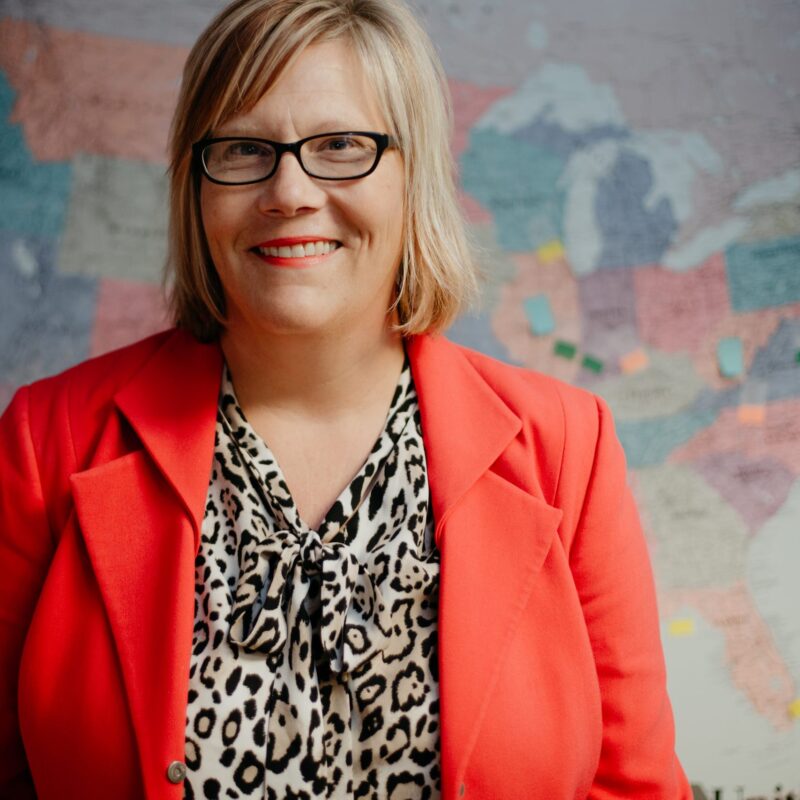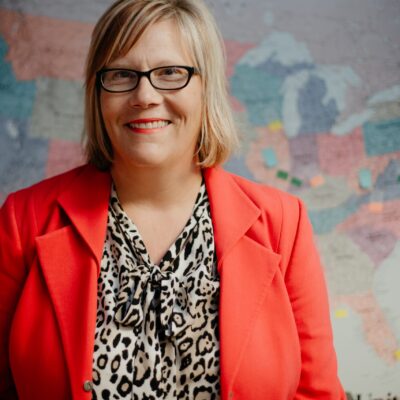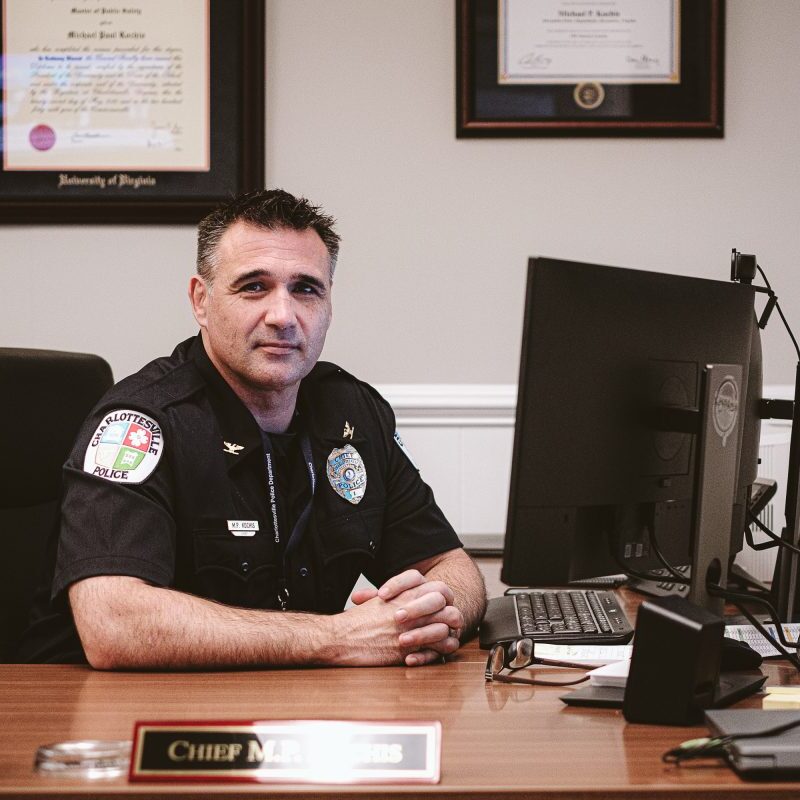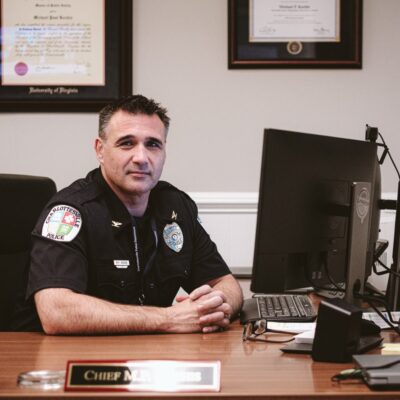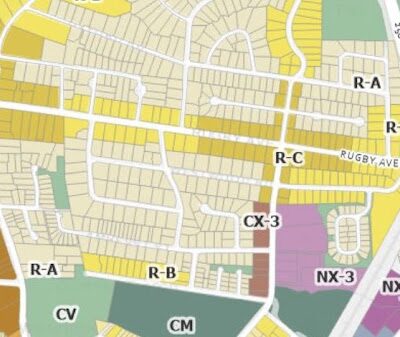What do a seven-millimeter-thick portable speaker, a blood-sampling catheter designed to mimic a mosquito’s proboscis, and habanero-pineapple hot sauce have in common?
They’re all destined for the Darden School of Business, three of more than two dozen business ideas from a group of entrepreneurs who will form the first class to go through UVA’s new W.L. Lyons Brown III Innovation Laboratory Incubator.
The i.Lab was created in 2010 by Darden and its Batten Institute for Entrepreneurship and Innovation to be a physical home for the growing startup spirit at the University. Designed to be a space for cross-disciplinary “design thinking” classes, it swapped out the traditional lecture hall for a wide-open space full of natural light, whiteboards, and tool benches stocked with Dremels and hammers.
A year and a half later, the program’s namesake, a Darden alum, helped the school raise more than $1 million to open the i.Lab to entrepreneurs with promising ideas and give them the time, space, money, and mentorship needed to go from concept to fully operational company.
It’s hardly a new concept. “We’ve been running an incubator since before I came here eight years ago,” said Philippe Sommer, director of the i.Lab and Darden’s Center for Entrepreneurial Leadership.
But this latest effort to grow businesses on Grounds is revolutionary in that it’s thrown open its doors to the entire community, instead of offering spots to UVA students only. Of the first crop of 25 entrepreneurs—26 if you count the owner of the brand-new coffee shop that just opened in the lab—seven have no previous affiliation with the University.
And that’s by design, said Mary-Jo Toms, associate director of the Center for Entrepreneurial Leadership. There’s a growing understanding in the world of entrepreneurial education that the greater the diversity of ideas, the stronger the startup community will be. The concept wasn’t a hard sell at the University, said Toms, because its schools and departments are seeded with people who believe in the approach.
“They’ve been around, they’ve moved back from Silicon Valley, and they get it,” she said. “If you want to develop an entrepreneurial ecosystem, then you have to welcome people into it. You have to have a lot of mass to really create success.”
For the first inductees, the i.Lab program will be a full-time job for 10 weeks. Armed with $8,000, the first class will be divided into work teams and be paired with industry-specific mentors, many of them local business owners currently working in food service, biotech, IT, and more. Everyone will come together twice a week for a group session, where they’ll meet with a range of experts who will help teach key business building blocks: how to create a sales department, franchise a business, understand the basics of corporate law.
But Sommer and Toms said they think the most valuable experiences won’t be formal lessons. The i.Lab is set up to throw thinkers together and get them sharing and talking, from its open floor plan to its “idea well,” a mini-library that serves as a kind of bulletin board for the barter of student skills—programming help in return for a QuickBooks tutorial, for instance.
“You always benefit from having different sets of eyes on a problem,” said UVA VP of Innovation and Research Tom Skalak, who said the launch of the new incubator is a key part of the University’s mission to be not just a teaching and research leader, but a disseminator of knowledge and novel ideas. Darden has made a name for itself as a powerful pipeline of talent into the world of Wall Street, he said, and now it’s expanding its scope.
“The fact that people looking at traditional business school ideas will be side-by-side with technology-backed ventures—that’s going to be really powerful,” he said.
The next big ideas?
Here’s a small sampling of some of the i.Lab’s first crop of entrepreneurs. Some have well-established businesses, some are just getting their ideas off the ground.
Who: JR Gentle, a Charlottesville resident and former restaurant manager and Defense Department terrorism analyst with a passion for music.
What: GigDog, an Internet radio
station that streams music from bands scheduled to perform in your town in the next six weeks—especially new, lesser-known, and unsigned groups.
Who: Rory Stolzenburg, a UVA fourth-year studying economics and foreign affairs.
What: Foodio, a mobile food ordering app (now available on the iPhone), that lets friends easily split up an order and pay with separate credit cards.
Who: Joyce Smaragdis, Darden’s associate director of outreach
What: NewsMuze, a web platform that allows small companies with limited marketing budgets to aggregate all their digital content—photos, videos, Pinterest boards, Word docs. “Think Tumblr meets Mail Chimp meets IDEO.”
Who: Kelly Love, a Louisiana native and UT Austin grad who lives in Charlottesville with her physician husband.
What: Branch Basics, a line of cleaning products that are powerful enough to use on toilets and greasy stove tops but gentle enough to serve as body soap.
Who: Paul Beyer, VP of Development for custom home builder R.L. Beyer
What: Tom Tom Founders Festival (have you heard of it?), the music and innovation festival Beyer founded in 2012 and wants to grow into an annual—and sustainable—Downtown event.
